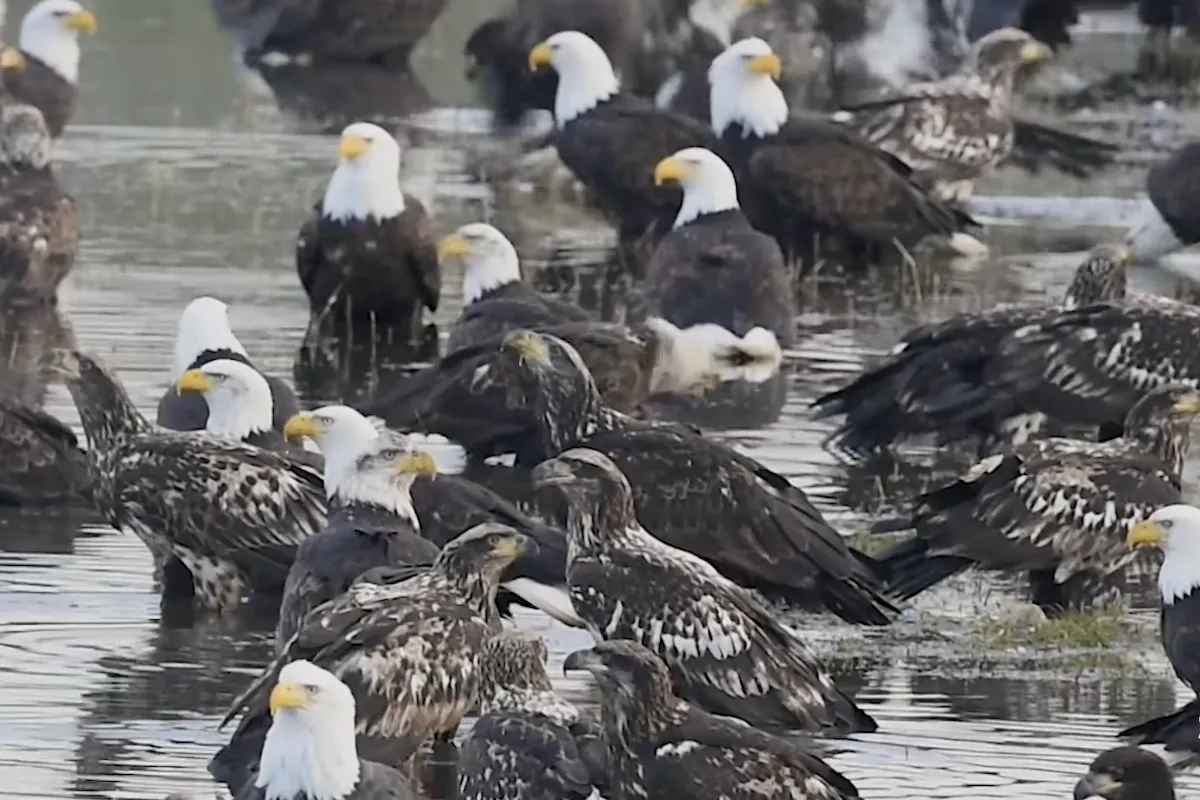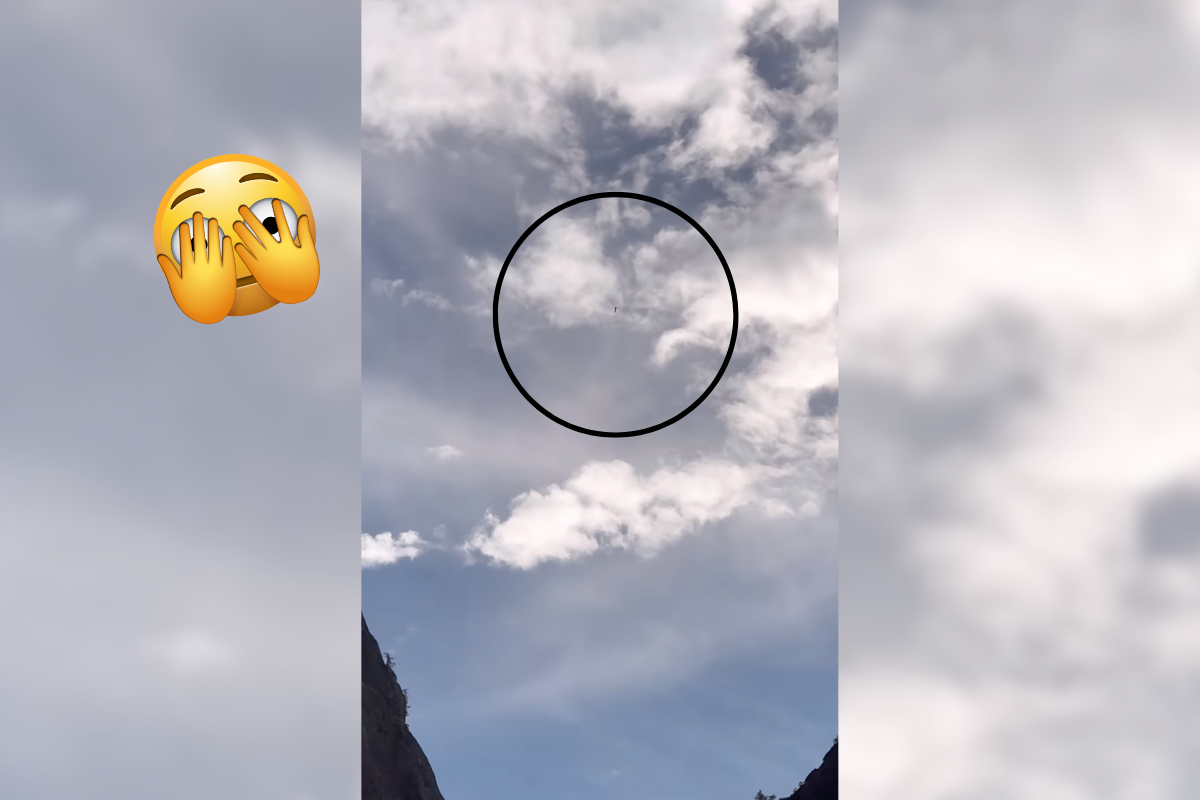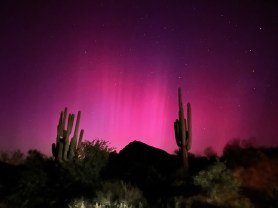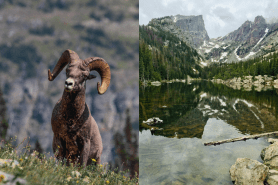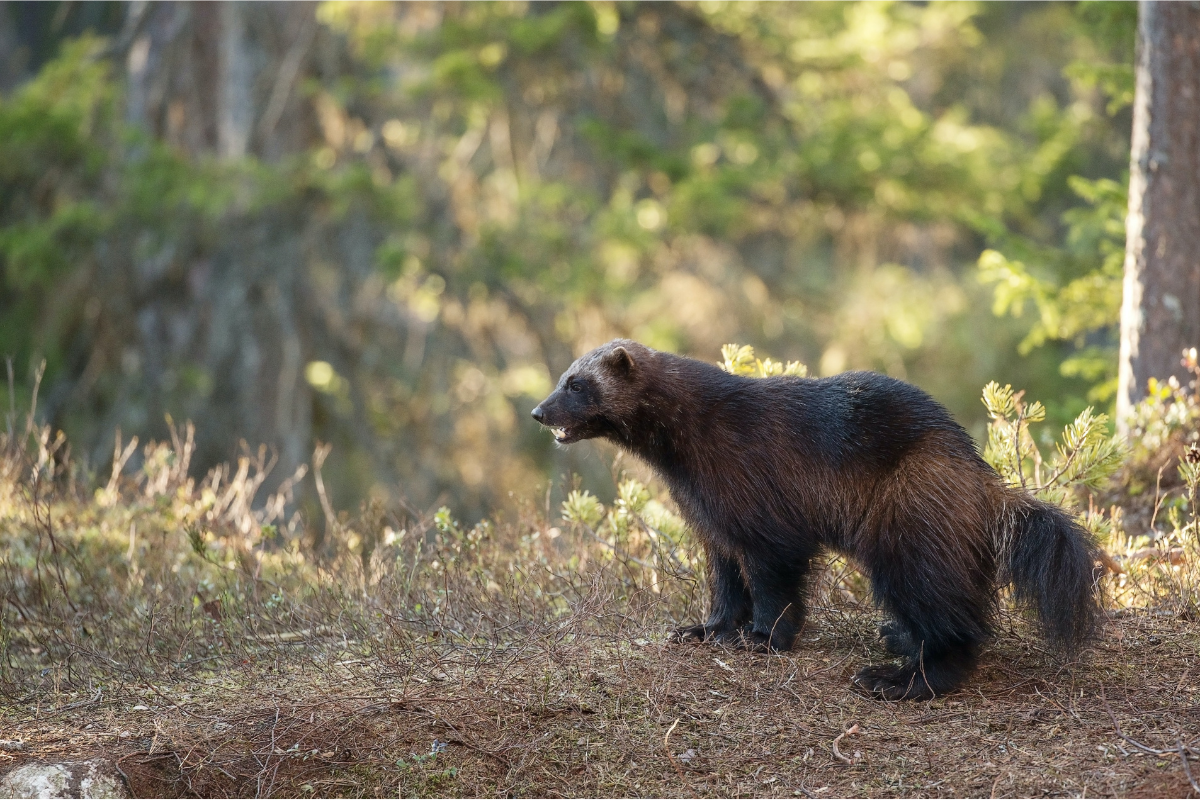

The sports world is buzzing about the college football championship this week, as the Michigan Wolverines topped Washington to win it all. While the team heads home to Ann Arbor, Michigan, animal fans focus more on the team’s mascot. What is a wolverine, and where does it live?
Videos by Outdoors
According to the U.S. Fish and Wildlife Service, wolverines resemble a small bear with a bushy tail. They are most closely related to badgers and weasels, and despite sounding cute, wolverines are predators that hunt birds, squirrels, and more. Male wolverines can weigh up to 40 pounds.
As of November last year, wildlife officials announced the animal is now federally protected under the Endangered Species Act. Unfortunately, ongoing climate change and development have shrunk the animal’s habit.
Where Do Wolverines Live?
Besides being found in Alaska and Canada, wolverine populations have sustained numbers only in the northern Rocky Mountains and North Cascades. The fact that the animal can be found in Washington State but not in Michigan spurred an internet debate. Before yesterday’s NCAA championship, Washington’s Department of Natural Resources used this fact to roast Michigan.
In the end, the Twitter attack was no match for the actual football team. However, it brought attention to a species that needs society’s help to thrive once again.
The truth is wolverines once called multiple Midwest states home, including Michigan. Twenty years ago, a wolverine was spotted in the state for the first time in 200 years. National news outlets covered the story, but a biologist still said it’s extremely rare.
“The appearance [of a wolverine in Michigan] is ‘up there with having a caribou or a polar bear turn up. It’s unprecedented,’” Michigan Department of Natural Resources spokesman Brad Wurfel said back in 2004, according to NBC news.
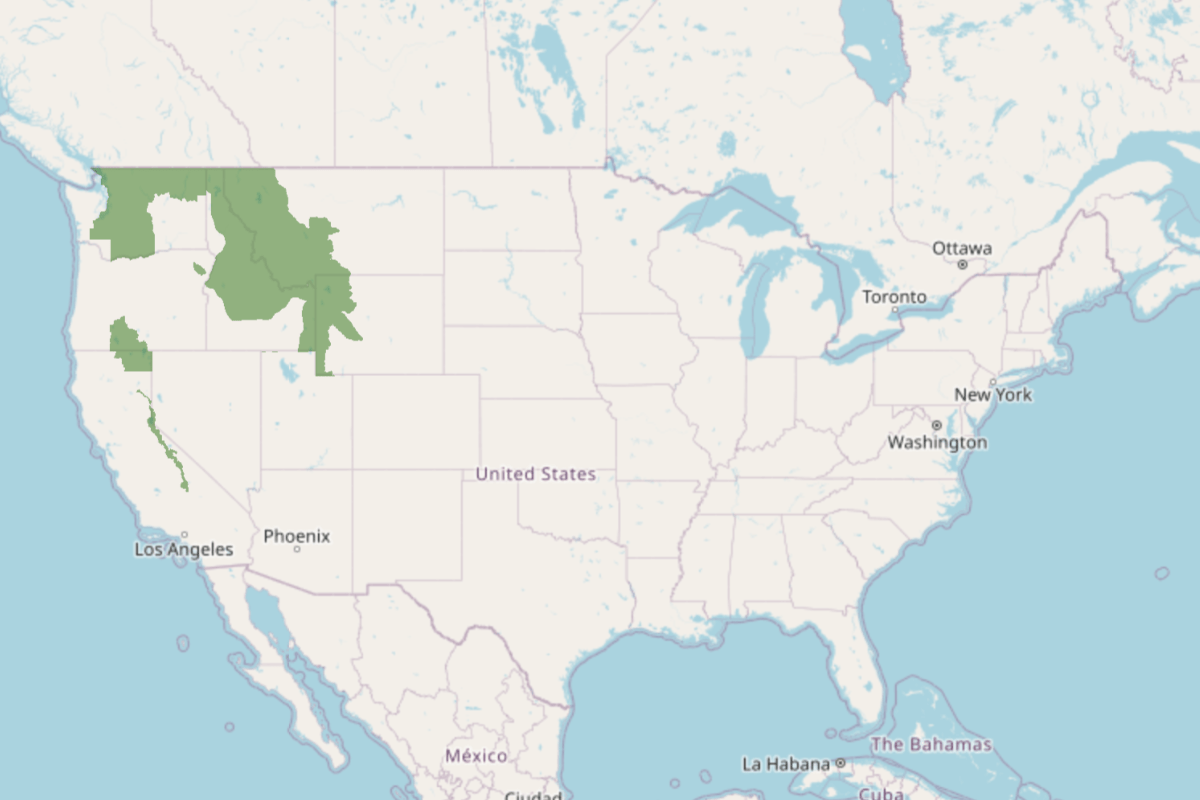
Wolverine sightings has been very quiet since then. According to the University of Minnesota Duluth, no breeding populations live within the state.
Hope is lost for the animal, thankfully. Last year, there were two sightings of the rare species in Oregon and California.
